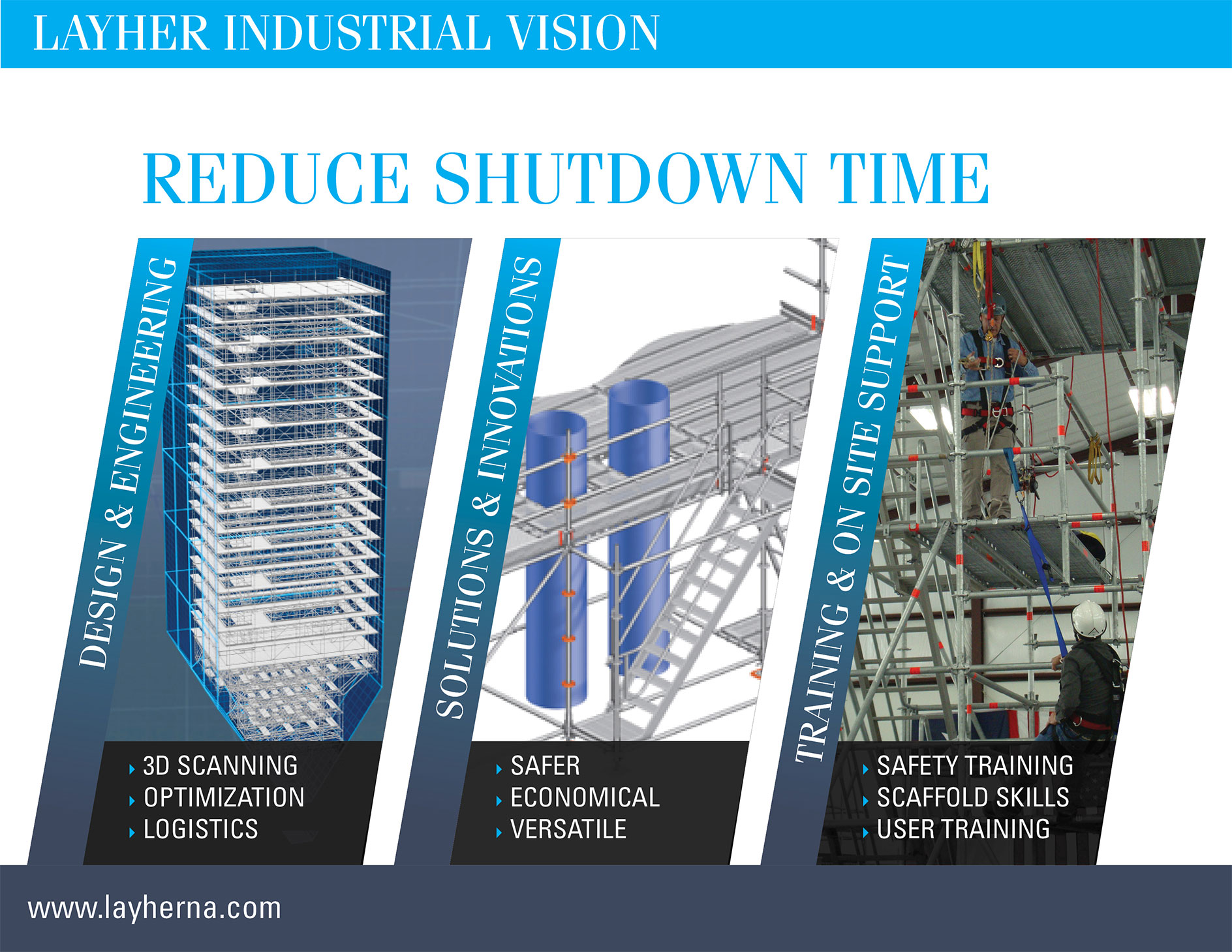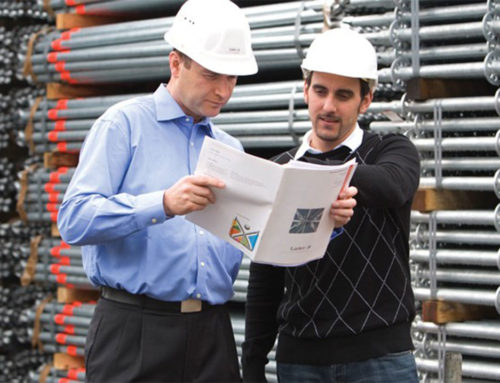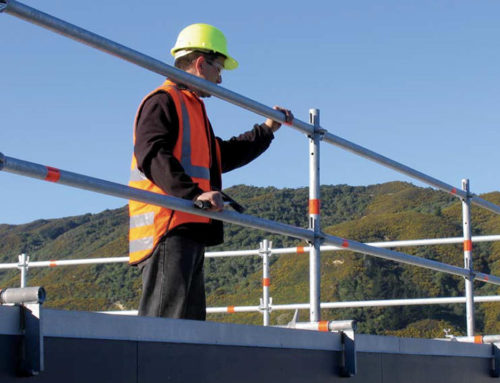REFINERS MISS OUT ON MILLIONS FROM MSS MISCALCULATIONS
LAYHER NORTH AMERCIA
Article first posted on BIC Magazine
IF YOU’RE A U.S. REFINER, YOU’LL SPEND AN AVERAGE OF $1.26 BILLION ON PLANNED MAINTENANCE, STARTUP AND SHUTDOWN (MSS) THIS YEAR. COMBINE THIS WITH AN AVERAGE LOSS OF $1M PER HOUR DURING DOWNTIME PLUS CURRENT LABOR SHORTAGES AND IT MAKES FOR DISTRESSING CONSEQUENCES — BUT THIS FINANCIAL PAIN IS OFTEN AVOIDABLE.
That’s because purchasing departments often self-inflict additional delays and increase costs by buying in ways that promote inefficiency and reward low productivity. For example, many departments look for the cheapest hourly worker rates and lowest cost of weekly rental per ton of scaffolding components when making decisions. But if you’re hiring the lowest bidder, you’re not doing yourself any favors.
The bidder with the lowest rate cost is often working in margins so slim they must extend construction time as much as possible to make a profit. This extra time is essentially sacrificing millions in the name of saving a few dollars. What’s more, if you’re choosing the cheapest scaffolding possible, you’re selecting the heaviest system, which costs more to ship and takes longer to set up.
If you’re purchasing by the ton, make sure you’re not actually paying more per component on what seems like a cheaper solution — a lighter system builds further per ton than a heavy one. What’s more, you may be opening yourself up to liability and putting workers in danger if the scaffolding is being imported from a country where health and safety requirements are lax.
Of course, most of this is great news for the contractor you hired that gets paid hourly — slowed down processes are a boon to their profits and labor shortages keep them in high demand regardless of inefficiencies. As Anthony Salemme, vice president at Industrial Info Resources (IIR), noted in a recent Reuters article, “you can’t do work at a refinery without a scaffold.”
Indeed you can’t. Purchasing departments have an internal responsibility to educate themselves on what is a pivotal part of operations that can have a major effect on the bottom line.
At the very least, make sure your purchasers understand the basics. Lighter scaffolding is more expensive to produce than heavier scaffolding, so it may cost more upfront. However, the lighter the scaffolding, the faster the assembly, which saves time and labor during construction.
Layher scaffolding is approximately 50 percent lighter than most Chinese-manufactured scaffolding products, resulting in a 30-percent higher cost per component to the consumer. However, when you factor in the projected cost-savings associated with the expense, it provides more value than weightier alternatives.
With events like Hurricane Harvey causing a number of unexpected outages and increasing the cost of gasoline prices, margins are larger and refiners that stay down are losing more than ever. Whatever your situation, don’t let MSS costs be self-inflicted: educate purchasers on how to buy scaffolding in ways that promote productivity and efficiency and keep downtime to a minimum.
For more information, visit www.LayherNA.com or call (713) 947-1444.
Sources:
Renshaw, Jarret. “U.S. Refiners Face Severe Labor Shortage for Deferred Maintenance.” Reuters. Dec 29, 2016.






